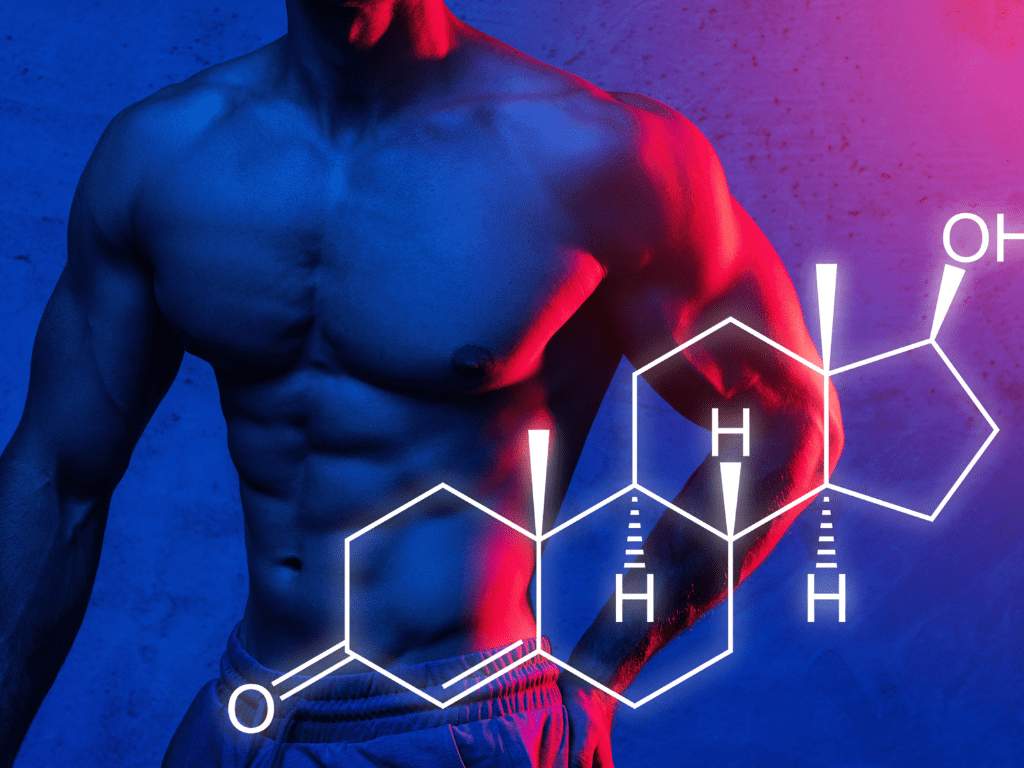Testosterone Replacement Therapy
Sexual health
Exploring Potential Advantages and Risks as You Age
Considering testosterone replacement therapy to rejuvenate your vitality as you age? Prior to making a decision, it’s crucial to be well-informed about the associated risks.
As the years pass, the idea of testosterone therapy may appear enticing. However, there exist several misconceptions regarding the extent to which this treatment can benefit and its limitations.
Testosterone therapy might be perceived as the ultimate antidote to aging, but the actual health advantages of such therapy for age-related testosterone decline remain uncertain.
What Exactly is Testosterone?
Testosterone is a hormone primarily produced in the testicles, contributing to various aspects of men’s well-being, including:
- Bone density
- Fat distribution
- Muscle strength and mass
- Development of facial and body hair
- Production of red blood cells
- Sex drive
- Sperm production

How Does Testosterone Levels Change with Age?
Testosterone levels typically peak during adolescence and early adulthood. As one age, there is a gradual decline, usually around 1% per year after reaching the age of 30 or 40. For older men, it is crucial to distinguish whether low testosterone levels result from normal aging or an underlying medical condition like hypogonadism.
Hypogonadism impairs the body’s ability to produce adequate testosterone, stemming from issues with the testicles or the pituitary gland, which regulates testicular function. In such cases, testosterone replacement therapy can alleviate the signs and symptoms associated with low testosterone.
Does Naturally Declining Testosterone Levels Lead to Aging-Related Symptoms?
Not necessarily. The aging process brings about numerous signs and symptoms, and some of those attributed to lower testosterone levels may encompass:
- Changes in sexual function, such as reduced sexual desire, fewer spontaneous erections, and potential infertility.
- Physical alterations, including increased body fat, reduced muscle mass, diminished strength, and decreased bone density. Gynecomastia (swollen or tender breasts) and body hair loss are also possible outcomes. A decrease in energy levels may be experienced.
- Emotional changes like decreased motivation, lower self-confidence, feelings of sadness or depression, and difficulties with concentration or memory.
It is important to note that these symptoms can be influenced by various factors, including medication side effects, obstructive sleep apnea, thyroid disorders, diabetes, and depression. Furthermore, these conditions may also contribute to lower testosterone levels, making treatment a possible avenue for increasing testosterone levels.
Can Testosterone Therapy Restore Youthfulness and Vitality?
Testosterone therapy can effectively address the effects of hypogonadism. However, its efficacy in enhancing the well-being of older, otherwise healthy men remains uncertain.
While some men report feeling more youthful and vigorous with testosterone treatment, there is limited evidence supporting its use in this context. The guidelines set forth by the American College of Physicians suggest that testosterone therapy may marginally improve sexual function in select cases, but there is scant evidence supporting enhancements in vitality and energy.
What Are the Risks Associated with Testosterone Therapy for Natural Aging?
Testosterone therapy carries several risks, including:
- Aggravating sleep apnea, a potentially serious sleep disorder characterized by intermittent
- breathing interruptions.
- Inducing acne or other skin reactions.
- Promoting noncancerous prostate growth (benign prostatic hyperplasia) or exacerbating existing prostate cancer.
- Enlarging breast tissue.
- Impairing sperm production or causing testicular atrophy.
- Stimulating excessive red blood cell production, increasing the risk of blood clot formation. Such a clot could dislodge and block blood flow in the lungs, causing a pulmonary embolism.
- Some research suggests that testosterone therapy might elevate the risk of heart disease, although further investigation is needed.
Should You Consult Your Doctor About Testosterone Therapy?
If you’re contemplating testosterone therapy, it’s essential to have a conversation with your healthcare provider regarding its potential risks and benefits. Typically, your doctor will measure your testosterone levels on multiple occasions before recommending therapy.
It’s important to note that treating normal age-related testosterone decline with testosterone therapy is generally discouraged. If there is no underlying medical condition contributing to your declining testosterone levels, your doctor may suggest natural methods for boosting testosterone, such as weight loss and resistance exercise to increase muscle mass.
For further details: Click the button below